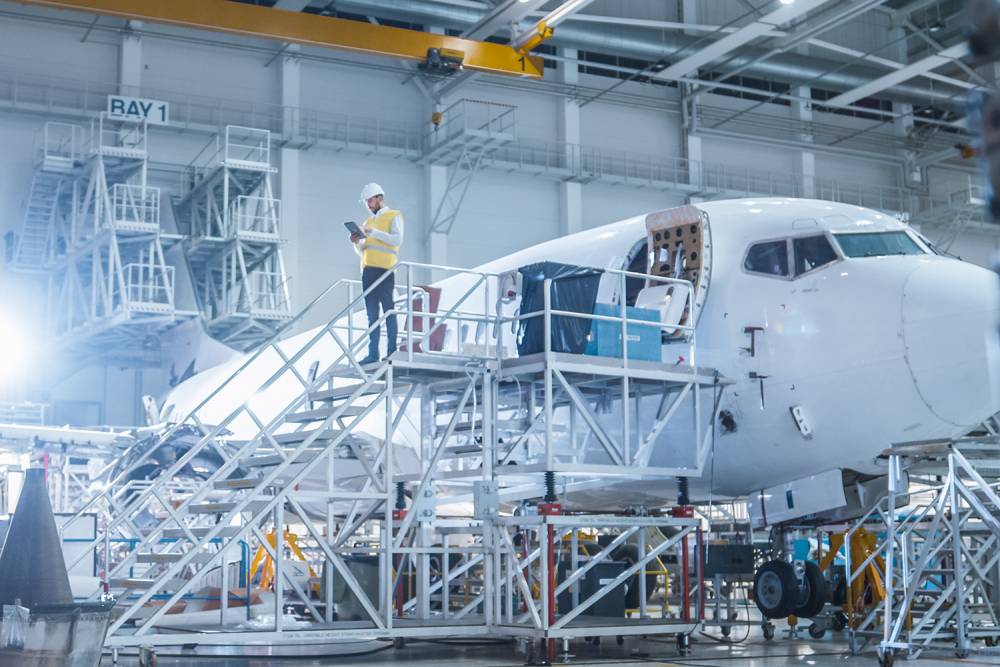
Is Becoming An Aerospace Engineer Right For Me
Who is an Aerospace Engineer?
If you're interested in designing and building flying machines, this may be the career for you!
An aerospace engineer is responsible for the design, testing, and management of aircraft, spacecraft, satellites, and missiles. Also, they test prototypes to ensure they perform as intended and develop new technologies for use in space exploration, aviation, and defense systems.
Aerospace engineers can specialize in a variety of aerospace products, including missiles and rockets, military fighter jets, spacecraft, helicopters, and commercial aircraft. Alternatively, they can choose to specialize in a particular field, such as instrumentation and communication, navigation and control, structural design and guidance, or manufacturing methods.
They are primarily employed in analysis and design, manufacturing, research and development, and the federal government.
What Does an Aerospace Engineer do?
Aerospace engineers develop advanced technology for defense systems, spacecraft, and aviation by designing, analyzing, testing, troubleshooting, and developing advanced technology. They establish quality control and design processes, identify problems with products that do not function properly, and work to resolve those problems.
Aerospace engineers can specialize in a variety of fields, including aerodynamics, structural design, guidance, navigation, and control, instrumentation and communication, robotics, and propulsion and combustion.
They may specialize in the design of a variety of aerospace products, including commercial and military airplanes and helicopters, remotely piloted aircraft and rotorcraft, spacecraft, such as launch vehicles and satellites, and military missiles and rockets.
They frequently specialize in one or more of the following disciplines: aerodynamics, thermodynamics, celestial mechanics, flight mechanics, propulsion, acoustics, and guidance and control systems.
Aerospace engineers' expertise can be applied to any stage of the engineering process, including design, analysis, integration, testing, deployment, and maintenance. Additionally, they can focus on specific areas of analysis, such as mechanical / structural design, dynamics, programming, and electronics.
Aerospace engineers are typically well-suited for roles in project engineering, systems engineering, and business - all of which require system-level knowledge in addition to math and science to make and justify decisions.
What Does it Take to Become an Aerospace Engineer?
Students interested in studying aerospace engineering in high school should take chemistry, physics, and mathematics courses, including algebra, trigonometry, and calculus.
Aerospace engineers at the entry level typically require a bachelor's degree. Aerospace engineering bachelor's degree programs last four years and include classroom, laboratory, and field studies in subjects such as general engineering principles, propulsion, stability and control, structures, mechanics, and aerodynamics (which is the study of how air interacts with moving objects).
Certain colleges and universities, in collaboration with industry, offer cooperative programs that provide students with practical experience while they complete their education. Students can gain valuable experience and finance a portion of their education through cooperative programs and internships.
At some universities, students can enroll in a five-year program that will result in both a bachelor's degree and a master's degree. A graduate degree qualifies an engineer to teach in a university setting or to conduct research and development.
Are you a good fit to work as an aerospace engineer?
Aerospace engineers have distinct personalities; they are inquisitive, intellectual, introspective, and inquisitive. They are inquisitive, systematic, rational, analytic, and logical. Additionally, some of them are realistic, which means they are self-sufficient, stable, persistent, genuine, practical, and thrifty.

